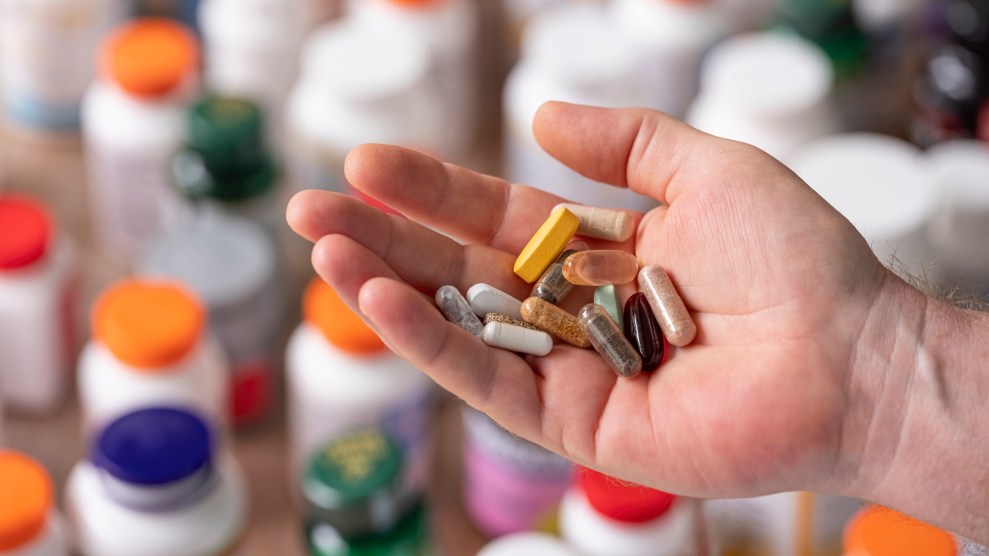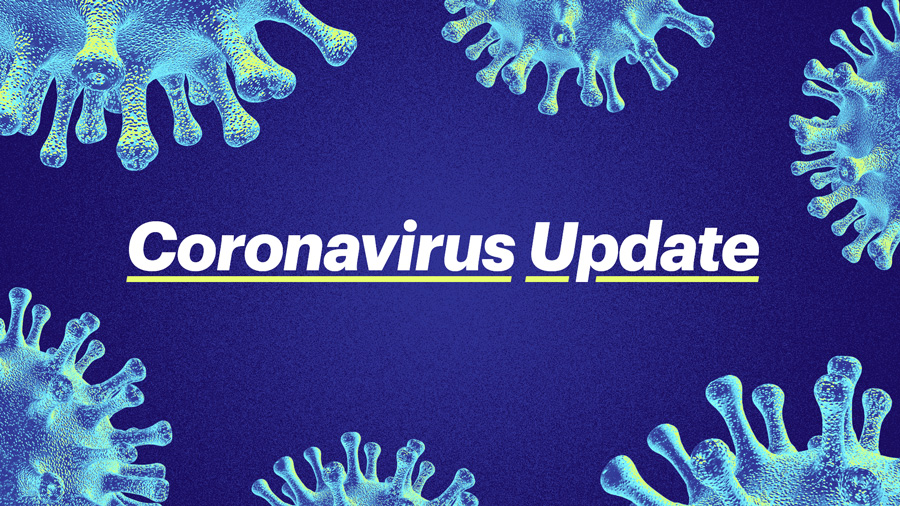
enviromantic/Getty
As quickly as scientists are working to develop a vaccine for COVID-19, there’s a plethora of companies working just as fast trying to illegally profit from the novel coronavirus, mostly through fraudulent treatments, bogus tests, and various other scams. Though there isn’t currently a vaccine or a largely effective treatment for COVID-19 , as the Centers for Disease Control has repeatedly emphasized, that has not stopped a growing number of companies from fraudulently claiming that the products they sell contain certain substances—like colloidal silver, kratom, CBD oil, and even bovine colostrum— that can treat or prevent the virus. And while the Food & Drug Administration and the Federal Trade Commission have focused their efforts on cracking down on COVID-19-related fraud, the scams continue to flourish.
According to the FTC’s own data, as of May 27 there’s been more than 55,000 consumer complaints related to COVID-19, with 31,000 of those complaints specifically related to fraud. In all, the FTC has reported that people who fell victim to a coronavirus-related scams have lost at least $40.39 million. Though the agency has reported thousands of instances of fraud in the form of identity theft and robocall scams, most of the COVID-19-related complaints that the agency has received have been related to travel scams, text message scams, and online shopping—particularly as it relates to products sold online that make false claims about its effectiveness in treating or testing for COVID-19.
In one recent case, a California-based company called The Golden Road Kratom claimed that capsules of kratom—a controversial though currently legal drug that advocates say can treat a laundry list of ailments, including opioid withdrawal—were effective for both treating and preventing COVID-19. According to a warning letter sent by the FDA, the company had falsely stated on its website that kratom “contains a special compound known as chloroquine…that research shows is powerfully combative against the coronavirus,” and that Wuhan-based researchers said that “chloroquine can be used for the treatment of patients with Covid 19.” The company no longer has these claims on its website.
In a press release sent last week after the FTC reported receiving 50,000 COVID-19 fraud complaints, public interest advocacy group US PIRG called it a “dubious milestone.” “We see this sort of thing after natural disasters and economic crisis, and you kind of have both happening right now,” says Mike Litt, who directs PIRG’s campaign to defend the FTC. “COVID-19 has changed every aspect of our lives, so there are countless ways for people to be scammed. People are cooped up at home, scared about their finances and their health. And scammers are taking advantage of that.”
Since COVID-19 evolved into a full-blown pandemic, PIRG has been tracking the federal response to coronavirus fraud. Thus far, the FTC has sent out more than 150 warning letters to companies, suspended the stock trading for 30 companies, and has shuttered thousands of web domains and email addresses. The Department of Justice, meanwhile, has taken legal action in nearly 20 instances of coronavirus-related fraud. And US Immigration and Customs Enforcement launched an operation in mid-April, which the agency says has led to 458 coronavirus-related seizures, totaling more than $3.2 million in illicit proceeds seized. Most recently, the agency seized nearly 6,000 fraudulent COVID-19 test kits and thousands of pills purported to treat the coronavirus, including pills claiming to be Hydroxycloroquine Sulfate, in Buffalo.
Still, even with a number of federal agencies diverting their resources specifically to combat COVID-19-related fraud, Litt says it’s hard to assess how effective their efforts are. In the case of the FTC, Litt says the agency should publicly report the responses it receives to warning letters, similar to what the FDA is doing. In the FDA’s database of warning letters, it includes a column for the response from each individual company, to indicate if that company responded to the FDA’s letter and if it actually led to a cessation of sale of the fraudulent product.
Despite that, the sheer quantity of products flooding the market has allowed some to fly under the agency’s radar. While analyzing the myriad fake COVID-19 products online, PIRG found several examples of products claiming to treat COVID-19 that the FDA had not warned. One brand that PIRG flagged, 78Minerals, sells nutrients and minerals that it claims will “[help] fight coronavirus and strengthen your immune system.” The FDA has not issued the company a letter warning them to stop marketing their product as a COVID-19 treatment, according to a search of the agency’s warning letter database.
And some lawmakers think there’s more that can be done than just sending out warning letters to address COVID-19 fraud. Earlier this month, Senate Minority Leader Chuck Schumer (D-N.Y.) called on the FTC to crack down harder on coronavirus scammers, asking the agency to issue heavy fines rather than just sending out warning letters. “Let’s face it, there are a lot of older people, there are a lot of just average folks who are desperate,” Schumer said. “These scammers prey on people in their weakest moments.”

















